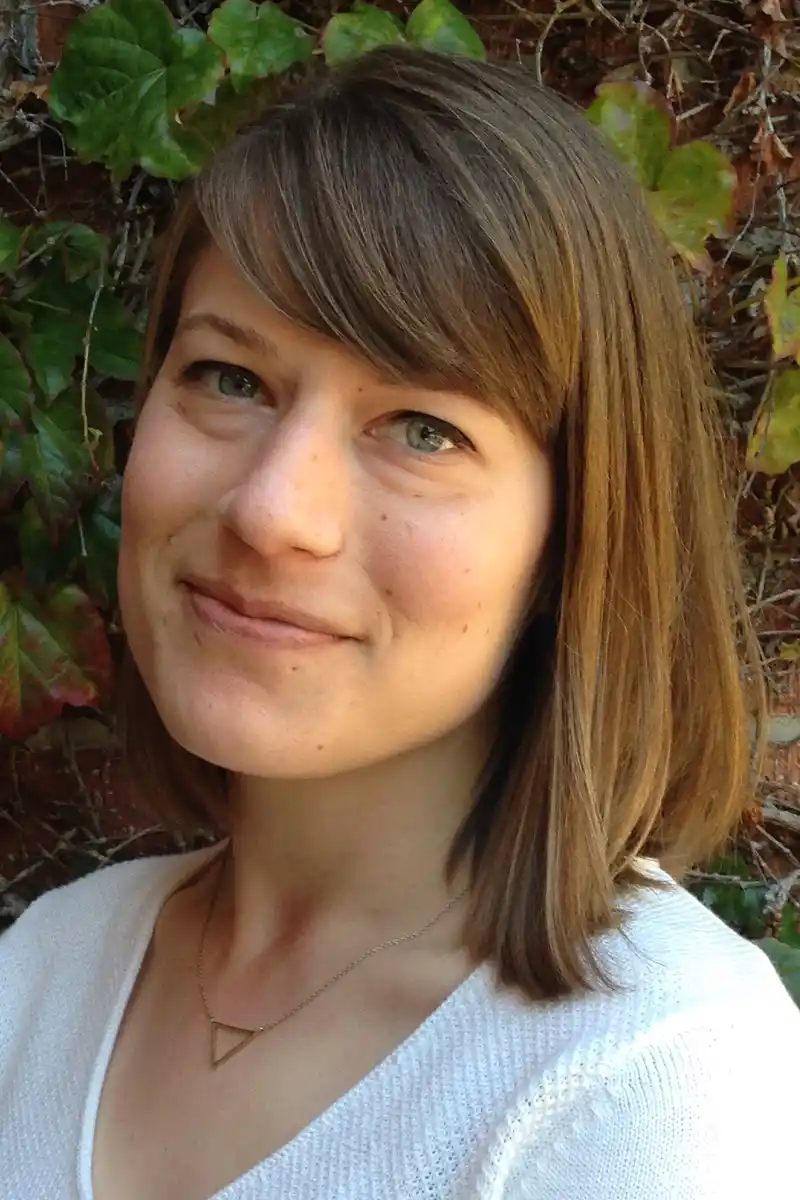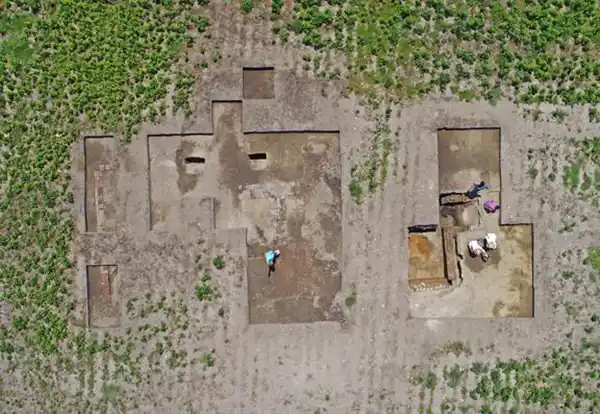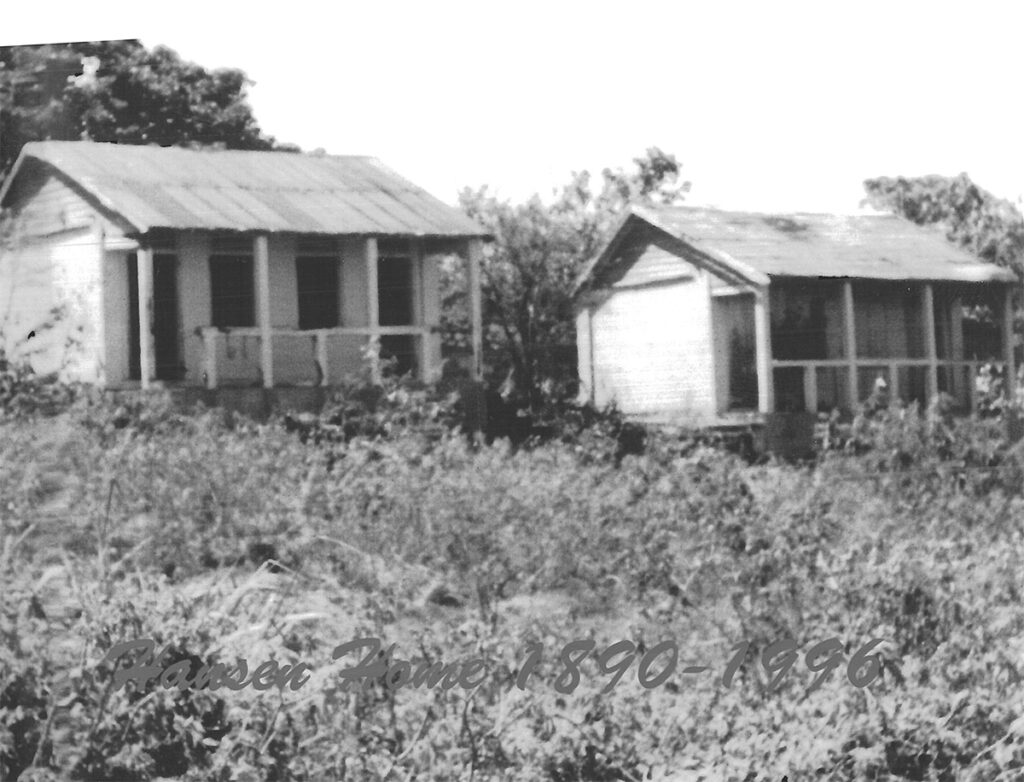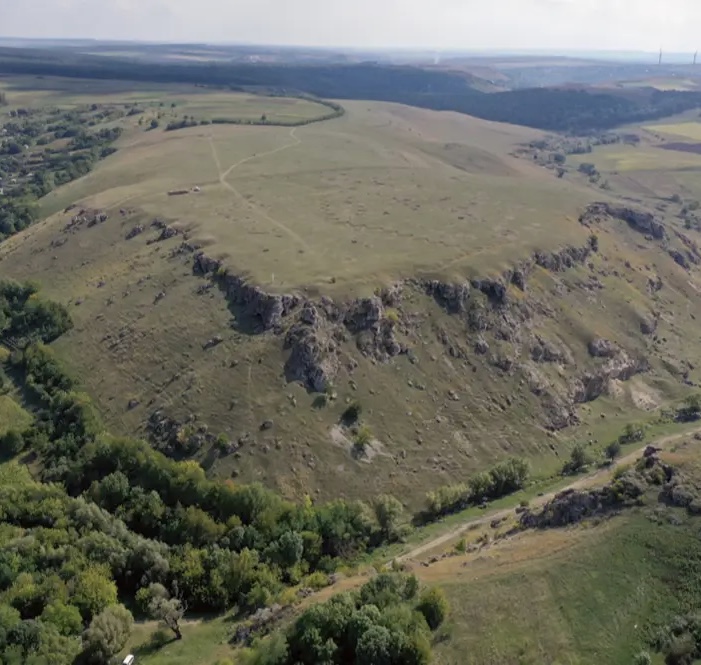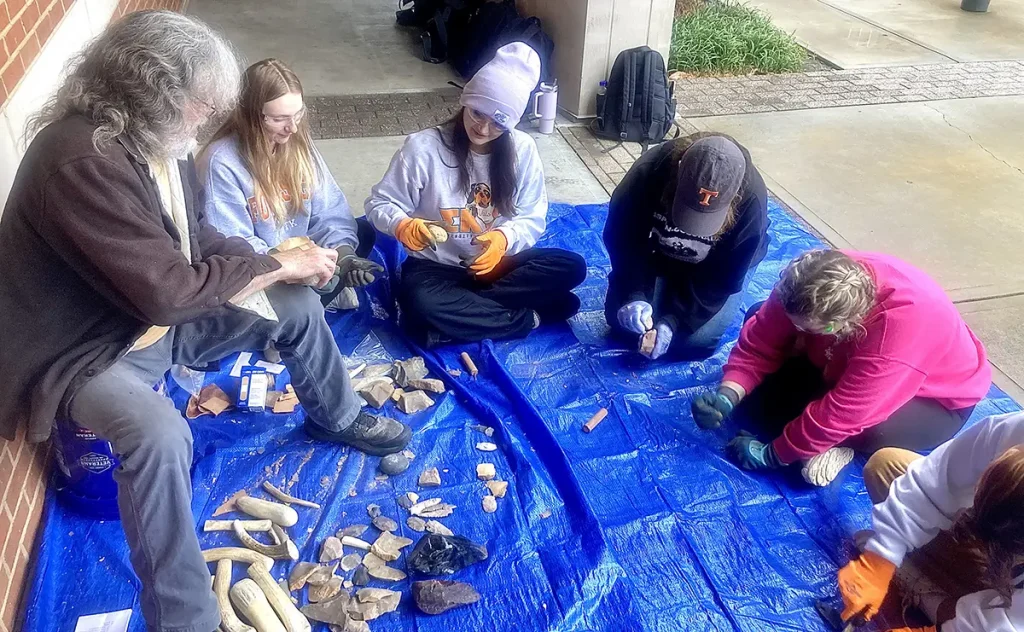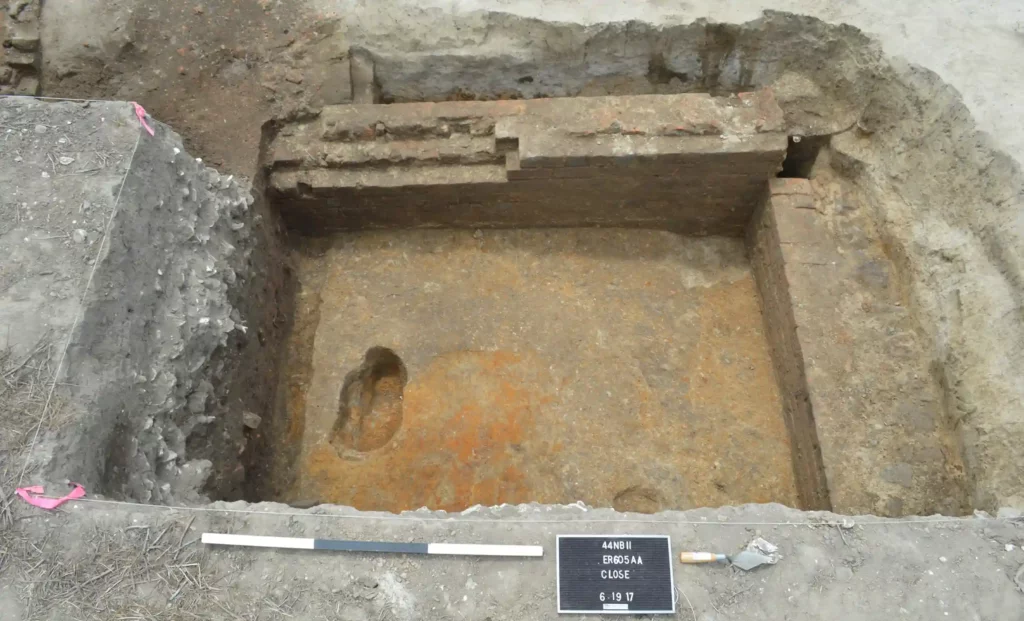
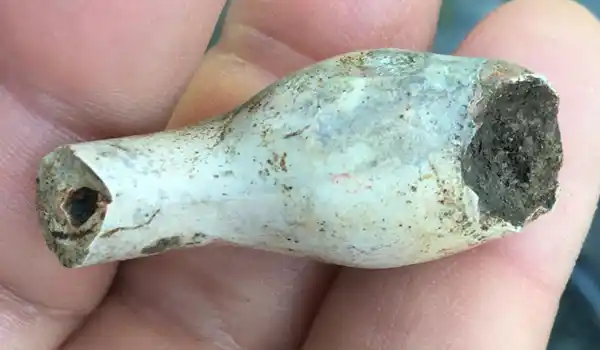
Anthropological Archaeology
Anthropological archaeology, the study of humanity from deep antiquity to the recent past, is a major focus of research and training within the department at the University of Tennessee. This focus provides faculty and students with a collaborative setting for learning, scholarly research, and public outreach.
Our strengths include the study of foodways; human interactions with plants, animals, and landscapes; social complexity; and the development of the modern world. We employ cutting-edge laboratory and field methods to answer big questions about our past that inform our present.
About Historical Archaeology
Historical archaeologists have one foot in the sciences and the other in the humanities as we study the most recent past. The context for, and subject of, our research is the global expansion of capitalism in colonial and post-colonial settings.
Areas of study include the globalized nature of consumerism; the interdependence of people and things since the emergence of mass-produced goods; the movements of people, plants, and animals; and the survivance of Indigenous peoples over time.
Methodologically, historical archaeologists and affiliated scholars are developing innovative approaches in faunal and botanical analyses, geophysics, and material analyses, while also bringing historical and material sources into conversation in creating new avenues of knowledge production and sharing.
The Charles Faulkner Archaeology Laboratory is the center of our work on campus, where we analyze, catalog, and curate a significant comparative collection of historic ceramics, glass, architectural fragments and other artifacts dating primarily from the late eighteenth through early twentieth centuries.
We also work collaboratively with the Paleoethnobotanical and Zooarchaeological Laboratories, used for comparative analyses in studies of historical subsistence.
About Paleoethnobotany
Paleoethnobotany is the study of the interrelationships between plants and people in the past. We use plant remains from archaeological sites to address questions about how people’s use of plants speaks to their relationships with the landscape, with members of their communities, and with their neighbors.
Areas of research include landscape management, subsistence strategies across the spectrum of foraging and farming, the process of domestication, and the varied ways that people use food to convey information about social identity and their situations within larger social systems.
Our main strengths cover plants native to eastern North America, but our collection also includes important economic plants related to the African Diaspora and historical Eurasian crops. For more information about using the collections for research or volunteering in the lab, please contact Dr. Kandi Hollenbach.
About U.S. Southeastern Archaeology
The University of Tennessee has been a major player in the archaeology of the Southeastern United States since the mid-20th century, when faculty and students participated in large-scale excavations during the New Deal era and later as part of TVA reservoir projects. These efforts were pivotal in the development of regional chronologies and the professionalization of archaeology.
The Southeast Archaeology Lab complements this history by focusing on material culture studies, integrating humanistic, anthropological, and archaeometric perspectives to examine Indigenous histories. We put into practice community-engaged approaches that support descendant community priorities and create meaningful opportunities for students and the public to participate in archaeological research.
Our main strength lies in the multi-modal study of ceramic vessels. We also emphasize collections-based research of museum and legacy materials, best practices in data management and sharing, and student training in multi-phase survey and geophysical techniques.
Students and communities interested in volunteering or developing research projects are encouraged to contact Dr. Hannah Hoover.
About Zooarchaeology
Zooarchaeology is the systematic study of animal remains recovered from archaeological sites, with the goal of understanding past human life, in historic and prehistoric times. The breadth of the field covers many topics, including but not limited to environmental reconstruction, assessment of subsistence strategies, foodways, animal domestication and management, and the ritual use of animals in the past.
Supporting our research is the Vertebrate Osteology Collection at the University of Tennessee, which includes over 12,000 vertebrate specimens and is one of the largest of its kind in eastern North America.
It was established in the early 1970s through the efforts of Paul Parmalee and Walter E. Klippel. The collection has proven invaluable for both research and public service, and is utilized extensively in several courses offered through the Department of Anthropology.
If you are interested in using the collection for research purposes, please contact Dr. Anneke Janzen. The Zooarchaeology Lab is always looking for great volunteers—if you are an interested student, contact Dr. Anneke Janzen.
Faculty
Professor & Director of the Center for the Dynamics of Social Complexity
Anthropological Archaeology
Associate Professor & Associate Head; Associate Curator of Paleoethnobotany, McClung Museum of Natural History & Culture
Anthropological Archaeology
Projects
- New Technology Used to Map Coan Hill
- Charles Fort Archaeological and Historical Project, St. Kitts, West Indies





